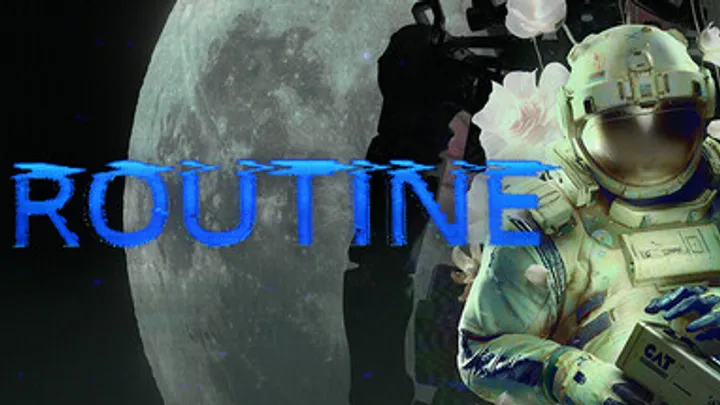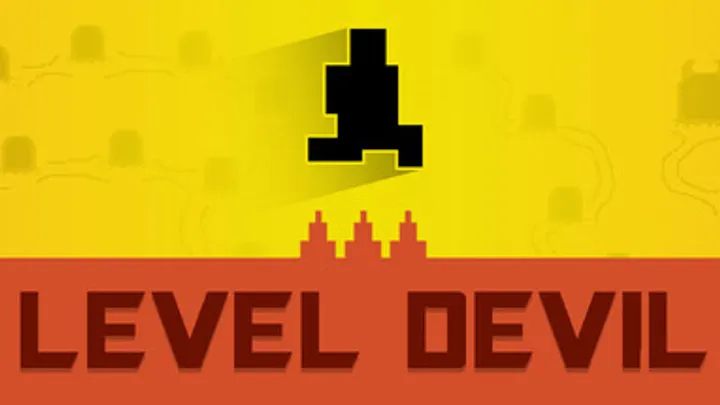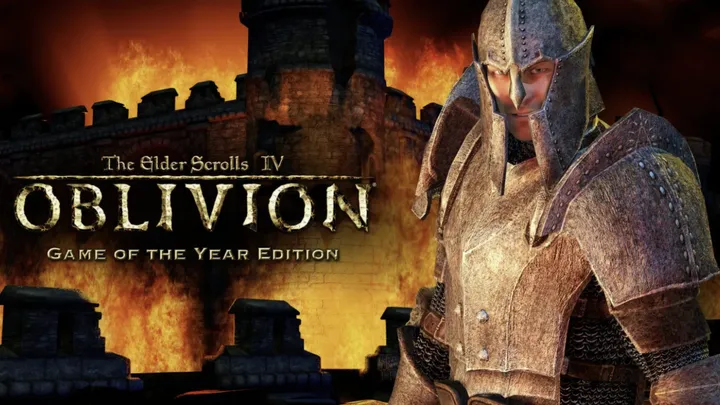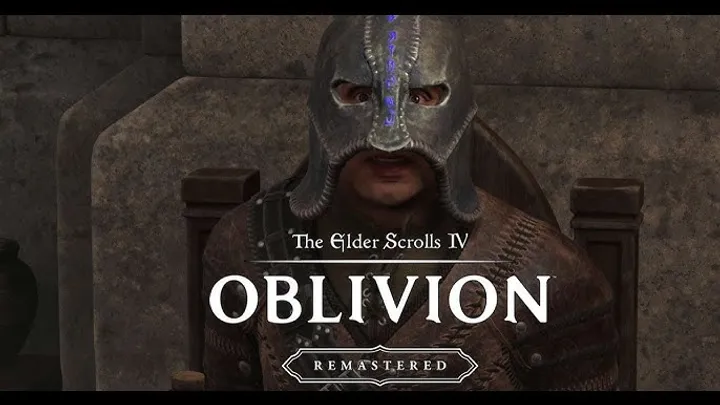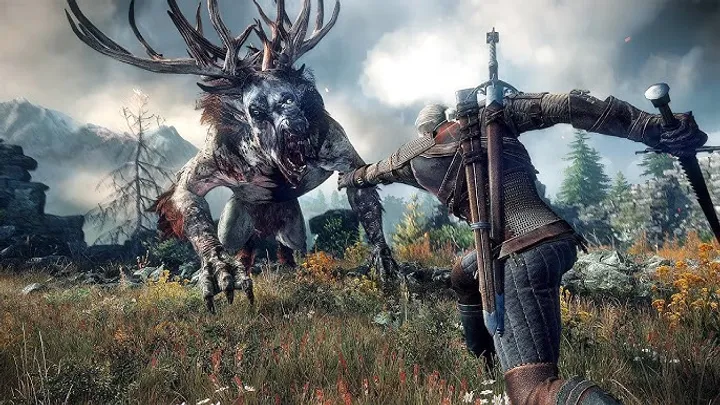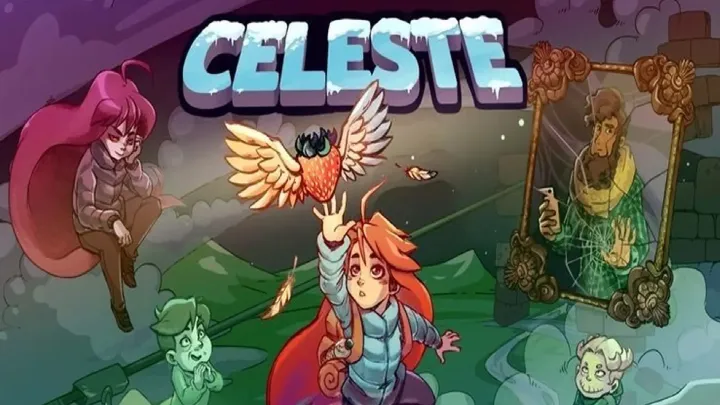
Celeste is not just a platforming game; it is a profound exploration of the human condition, particularly the struggles associated with mental health and identity. Developed by Maddy Makes Games, this indie title tells the story of Madeline, a young woman on a journey to climb the titular mountain, Celeste. Through its challenging gameplay, evocative soundtrack, and poignant narrative, Celeste invites players to confront their own struggles with anxiety, depression, and the quest for self-acceptance. This article delves deeply into the specific issue of mental health and identity in Celeste, examining how the game’s mechanics and narrative structure intertwine to create a compelling commentary on personal growth and resilience.
The Setting: Celeste Mountain as a Metaphor
From the outset, Celeste Mountain represents more than just a physical challenge; it serves as a metaphor for the internal struggles faced by Madeline and, by extension, the player. The mountain is both beautiful and treacherous, symbolizing the journey of self-discovery and the obstacles that accompany it.
The Dual Nature of the Mountain
Celeste Mountain is characterized by its stunning visuals and perilous terrain. Each chapter introduces new landscapes, from serene forests to icy cliffs, that reflect the emotional states of Madeline. The juxtaposition of beauty and danger emphasizes the duality of the mental health journey, where moments of clarity and peace are often intertwined with fear and struggle.
A Symbol of Personal Challenges
The physical act of climbing the mountain becomes a symbol of Madeline’s internal battles with anxiety and self-doubt. As players navigate the treacherous paths and face various obstacles, they are reminded that the journey to the summit mirrors the often difficult process of confronting one’s mental health challenges. This metaphorical framework invites players to reflect on their own experiences and the nature of personal growth.
Madeline: A Journey of Self-Discovery
At the heart of Celeste is Madeline, a character whose journey is defined by struggle and resilience. Her development throughout the game serves as a powerful exploration of identity and the impact of mental health on self-perception.
The Complexity of Madeline’s Character
Madeline is portrayed as a relatable and multi-dimensional character. Her determination to climb Celeste Mountain is driven not only by the desire to conquer the physical challenge but also by a need to confront her inner demons. Players witness her vulnerability, fears, and moments of triumph, creating a rich tapestry of emotional complexity.
The Impact of Anxiety and Self-Doubt
Throughout the game, Madeline grapples with intense feelings of anxiety and self-doubt. These emotions are embodied in the form of her doppelgänger, known as “Badeline,” who represents the darker aspects of her psyche. The interactions between Madeline and Badeline serve as a poignant reflection of the internal struggle many face when dealing with mental health issues.
The Mechanics of Challenge: Gameplay as a Reflection of Mental Struggle
The gameplay mechanics in Celeste serve as a powerful metaphor for the challenges of mental health. The platforming elements are designed to evoke feelings of frustration, determination, and ultimately, triumph.
The Difficulty Curve
Celeste is known for its challenging gameplay, which can be both rewarding and punishing. The difficulty serves to reflect the nature of overcoming mental health struggles. Each death can be seen as a setback, mirroring the real-life experiences of falling back into negative thought patterns or facing obstacles in the journey toward self-acceptance.
The Role of Persistence
The game encourages persistence and resilience, emphasizing that progress often comes through repeated attempts and learning from failure. This mechanic reinforces the theme that overcoming mental health challenges requires perseverance and a willingness to confront one’s fears. Players are rewarded not only for their skill but also for their determination to keep trying, reflecting the importance of resilience in the face of adversity.
The Importance of Support: Relationships in Celeste
Throughout her journey, Madeline encounters various characters who play significant roles in her growth and understanding of herself. These relationships emphasize the importance of support in navigating mental health challenges.
The Role of Theo
Theo is a fellow climber who becomes a crucial ally for Madeline. Their interactions provide moments of levity, encouragement, and understanding. Theo’s character embodies the importance of connection and friendship, illustrating that support from others can be invaluable in overcoming personal struggles.
Key Moments with Theo
- Shared Experiences: Theo shares his own insecurities and fears, allowing Madeline to see that she is not alone in her struggles.
- Encouragement: His support during challenging moments reinforces the idea that having someone to lean on can make a difference in the journey toward self-acceptance.
The Importance of Community
Through her interactions with Theo and other characters, Madeline learns the value of community and connection. The game emphasizes that isolation can exacerbate mental health challenges, while support and understanding from others can foster resilience and growth.
The Symbolism of Badeline: Confronting the Dark Side of Self
Badeline, Madeline’s doppelgänger, serves as a powerful symbol of self-doubt and the darker aspects of mental health. This character embodies the internal struggles that many face, making her an essential part of the narrative.
The Representation of Self-Doubt
Badeline represents the negative thoughts and feelings that can plague individuals dealing with anxiety and depression. Her taunts and challenges force Madeline to confront her insecurities, highlighting the struggle between self-acceptance and self-doubt. The dynamic between Madeline and Badeline serves as a poignant reflection of the internal conflict experienced by many people.
The Climax of Confrontation
Throughout the game, Madeline’s encounters with Badeline culminate in a series of confrontations that force her to confront her fears. These moments are not just physical battles but emotional ones, illustrating the importance of recognizing and accepting one’s darker thoughts as part of the self. The resolution of these encounters marks significant growth for Madeline, as she learns to integrate her fears rather than letting them define her.
The Theme of Acceptance: Embracing One’s Identity
As Madeline progresses through her journey, the theme of acceptance becomes increasingly prominent. The game encourages players to embrace their identities, including both strengths and weaknesses.
The Journey Toward Self-Acceptance
Madeline's journey is ultimately one of self-acceptance. As she confronts her fears, insecurities, and the aspects of herself represented by Badeline, she learns to embrace her identity in its entirety. This journey reflects the real-life struggles many face in accepting themselves, despite their flaws.
The Power of Affirmation
The game culminates in a powerful affirmation of self-acceptance. By the end of her journey, Madeline learns that her struggles do not define her; rather, they are part of her story. This message resonates deeply with players, emphasizing the importance of acknowledging one’s experiences and embracing the complexities of identity.
The Role of Music: A Soundtrack of Emotion
The music in Celeste plays a crucial role in conveying the emotional depth of Madeline’s journey. The soundtrack, composed by Lena Raine, enhances the narrative and reinforces the themes of struggle and triumph.
The Emotional Resonance of Sound
The game’s score complements the gameplay, with each track reflecting the emotional state of Madeline as she navigates her journey. The music evokes feelings of nostalgia, determination, and introspection, underscoring the themes of the game and enhancing the player’s emotional connection to the narrative.
Key Musical Moments
- The Climbing Themes: Tracks that accompany the climbing sections evoke a sense of urgency and determination, reflecting Madeline’s tenacity.
- Moments of Reflection: Slower, more introspective tracks provide a backdrop for moments of self-reflection, allowing players to connect with Madeline’s emotional journey.
Community Reception: Engaging with Themes of Mental Health
The release of Celeste has sparked discussions within the gaming community regarding its exploration of mental health and identity. Players have shared their interpretations of the game’s themes, reflecting on the narratives that resonate with them.
Positive Feedback on Representation
Many players have praised Celeste for its sensitive portrayal of mental health issues. The game’s exploration of anxiety, depression, and the journey toward self-acceptance resonates with individuals who have faced similar struggles. The authentic representation of mental health challenges has made Celeste a meaningful experience for many players.
Critiques and Calls for Depth
Conversely, some players have expressed a desire for even deeper explorations of mental health themes. While Celeste offers a rich narrative, there is an acknowledgment that the complexities of mental health cannot be fully captured in a single story. This feedback emphasizes the need for ongoing conversations about mental health in gaming and the importance of representation.
Conclusion: The Enduring Impact of Celeste
Celeste presents a profound exploration of mental health, identity, and self-acceptance through the journey of Madeline. By navigating the complexities of anxiety, relationships, and the challenges of self-discovery, players are invited to reflect on their own journeys and the importance of embracing their identities. The game’s rich narrative and gameplay mechanics serve as a reminder that the path to self-acceptance is often fraught with obstacles, but the journey is ultimately rewarding. As the gaming industry continues to evolve, the themes presented in Celeste will undoubtedly inspire future narratives, reinforcing the importance of exploring the intricate connections between mental health and identity.

